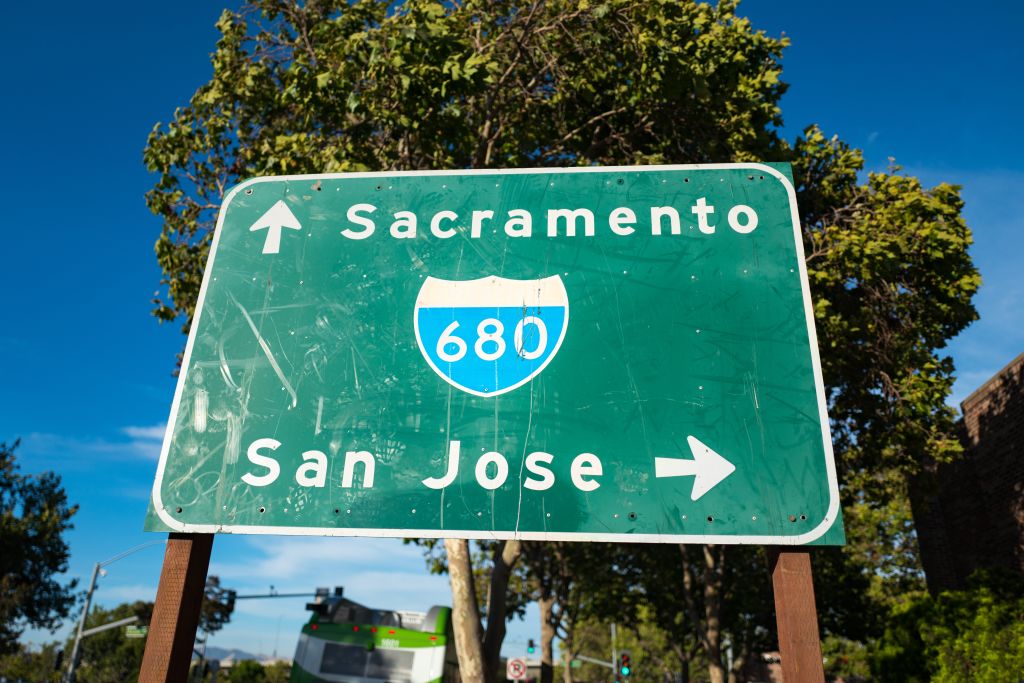San Francisco may soon become the next city in California to formally apologize for its historical treatment of Asians and Pacific Islanders.
The San Francisco Board of Supervisors on Tuesday heard a resolution to make that apology for a century-and-a-half of racist laws and practices, but it won't come up for a vote until later this year.
The board of supervisors admitted to more than 150 years of racism towards Chinese and other Asian residents dating back to the California Gold Rush.
"Law after law passed in this building targeting Chinese immigrants," Supervisor Matt Haney said.
Get a weekly recap of the latest San Francisco Bay Area housing news. Sign up for NBC Bay Area’s Housing Deconstructed newsletter.
Drew Min, a junior at UC Berkeley, brought the idea to apologize to Haney last month after Antioch, San Jose and Los Angeles already made their own official apologies.
"We thought if not San Francisco, then where, when there is such a long history with this community in that particular city," Min said.
Local
Min and two friends researched the history of the legislative body's treatment of AAPI residents and were appalled at what they found.
"We all were shocked that there were these atrocities committed in this city to the Chinese American community," Min said. "And he was also shocked that an apology had never been issued forth by the board of supervisors."
They also learned the board of supervisors basically made the templates for racist laws that were duplicated in cities across the state and nation – laws that targeted Chinese workers and students even into the 1950s.
"When we don’t confront it, that’s when we see it being used and continued," Haney said.
That's something proven by thousands of physical attacks on Asian Americans and Pacific Islanders across the country this year.
"It just comes to show that history is not so far, it's not so distant, and history tends to repeat itself," Min said. "And, what better way to try to mend the future but by correcting the mistakes of the past?"



